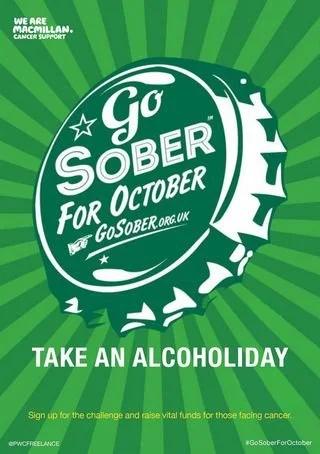Commitment Bias - Public pledge
If you say something publicly, you’re more likely to stick to it.
What is the commitment – public pledge bias?
The commitment – public pledge bias is the theory that if you tell people you’re going to do something publicly you feel like you have to stick to your guns. Take a new year’s resolution or race for life, once we’ve told people we’re doing it we have to follow through.
This also works with brands. You’re more likely to trust a brand that publicly states an opinion or value – be that commitment to the environment or better cleaning in-store. Once they’ve publicly pledged their stance, it’s hard to go back on it.
The evidence it works
Disney used the commitment bias on hotel guests, asking them to pledge to reuse their towels with a free ‘Friends of the Earth’ pin to wear.
Guests were 25% more likely to reuse their towels once they’d pledged to – meaning an estimated annual saving of washing 147,000 towels. Leading to 700,000 gallons of water saved or $51,000.
How it builds brand memorability
One of the key drivers of brand memorability is ‘Ease’.
If you make your brand easy to access, deal with and buy from, you’re going to build strong, positive connections that lead to memorability.
At the point of purchase, or during the journey to purchase, customer’s decision-making can be made easier by leveraging behavioural biases. And METRIC is our tool for harnessing the power of these biases - snap judgements that help the brain make quick decisions in context - for clients.
METRIC organises the biases into six categories - because these are the key ‘resources’ we always have to spend when make decisions. They are Money, Effort, Time, Risk, Individuality, and Conscious thought. Which handily spells METRIC.
So presenting choices in one of these six frames can tip the balance in comms.
How we've used it with clients
COVID-19 POSTERS
The more public our stance or commitment, the more likely we are to carry it out consistently, which was the aim with our Covid-19 posters.
By making a commitment on the poster (and signing it) we’re providing certainty from the management about regular cleaning, reassuring customers that their health and wellbeing is important.
A great example of a Public Pledge in marketing
Macmillan
Macmillan runs Stoptober each year – a public commitment to stop drinking usually made over social media.
As well as public commitment in front of friends and family, adding fundraising gives people even more willpower. It’s hugely successful, raising vast amounts for the charity every year.



